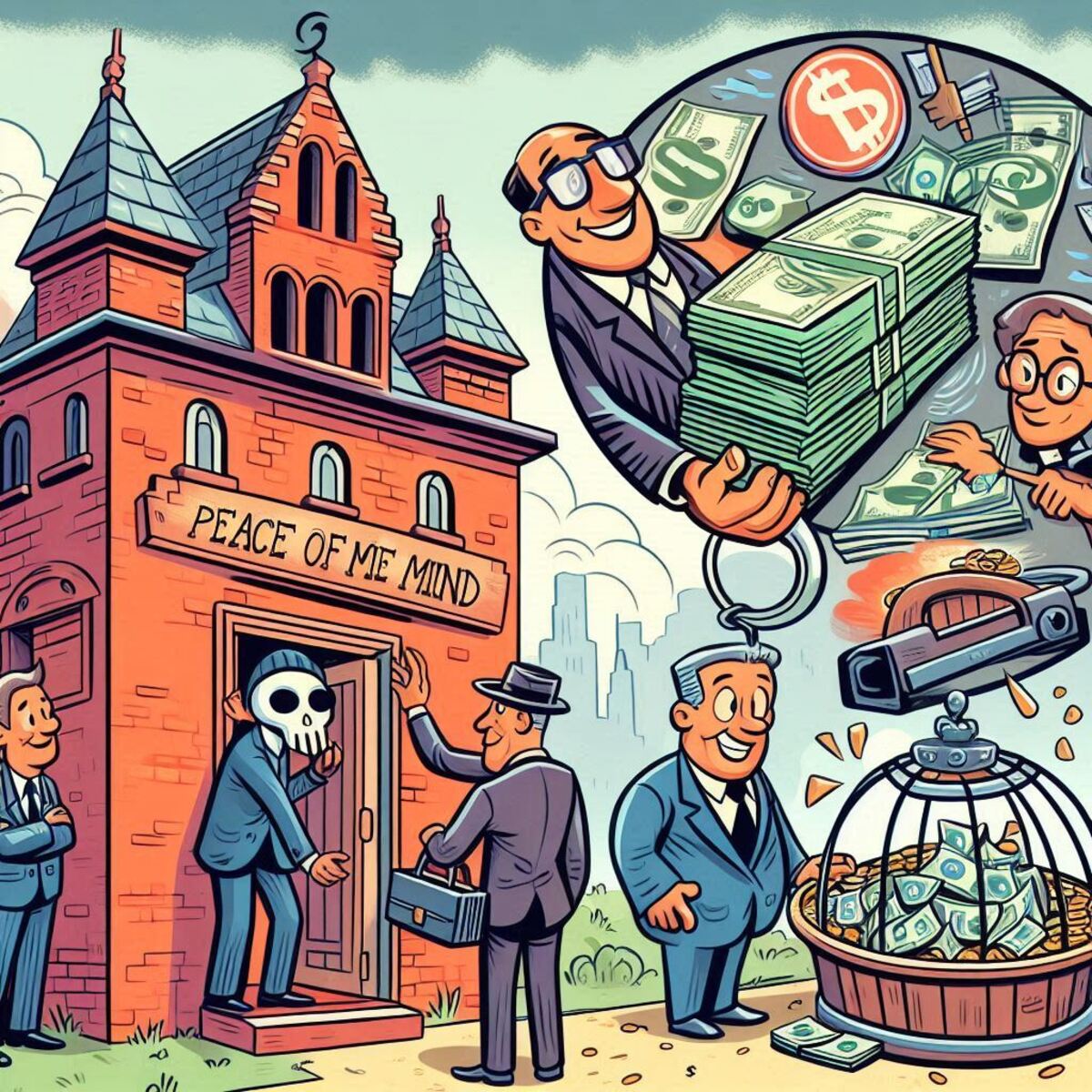Assets Are Not Protected by Mere Possession
In an era of uncertainty, what truly matters in asset management is not just ownership—but the liquidity when necessary.
For high-net-worth individuals, the defining distinction is clear: Do you possess the peace of mind that comes with liquidity, or are you confined by the illusion of wealth?
This article delves into the true essence of assets, exploring the concepts of liquidity and credibility, and explains why Japanese real estate is increasingly seen as a resilient asset.
◆ The Subtle Anxiety of Illiquid Assets
Affluent portfolios often span a sophisticated mix of equities, real estate, precious stones, fine art, and digital currencies.
Yet among these, there may lie assets that quietly erode peace of mind, such as:
- Assets without a ready buyer when it’s time to sell
- Markets disrupted by political or economic turmoil
- Lengthy, complex liquidation processes
- Difficult to transfer, disruptive to legacy planning for next generation
Such holdings can become psychological liabilities.

◆ Japanese Real Estate: A Premier Model of Liquidity
In Japan—particularly in metropolitan hubs such as Tokyo, Osaka, and Kyoto—real estate stands as a beacon of financial mobility. It offers:
- Consistent domestic demand, paired with a vibrant international buyer market
- Well-regulated infrastructure for management, maintenance, title registration, minimizing transactional friction
- Transparent valuation standards, with publicly accessible data and fair price negotiations
- A market environment that enables cash conversion within months, should the need arise
Japanese properties exemplify the ideal of an asset that is liquidity-ready, sellable, and monetizable—making them highly practical components.
◆ What Affluent Investors Need: Elegant Practicality
Asset preservation is not merely a matter of scale.
The true essence of wealth lies in one question: Can your asset serve you at the moment you need?
- Can a portion be liquidated quickly in response to unforeseen expenses?
- Can funds be safely repositioned during international relocations or citizenship transitions?
- Can it be smoothly inherited, managed, or sold by the next generation?
Urban real estate in Japan answers each of these with a confident “Yes.” It is a refined, actionable asset that balances value with usability.
◆ Assets with limited liquidity
Consider the following examples:
- Rural land: Often languishes on the market for years, with no buyers in sight—yet still incurs annual property taxes
- Foreign assets in opaque markets: Hindered by weak registry systems, currency restrictions, and political instability, making liquidity a serious challenge
- Luxury goods and collectibles: highly dependent on buyer preference, with inherent valuation instability
They offer pride in possession, yet fail in moments of need—ultimately becoming assets of silent anxiety.

◆ The Essence of Asset Value: Mobility + Resilience
True legacy assets are those that deliver both flexibility and security—the kind of investments that high-net-worth individuals genuinely seek to preserve across generations.
- Mobility — The capacity to sell, lease, or collateralize
- Resilience — Resistance to disruptions from natural disasters, policy shifts, or social volatility
Assets that embody both qualities earn the privilege of being truly preserved by the affluent.
Japanese urban real estate embodies both mobility and resilience at an exceptional standard—earning its status as a truly trusted hard asset.
◆ Summary: The Power of Liquidity Is the Confidence for your life
Asset value is not defined by market metrics alone.
The real question is: will your assets empower you when life becomes uncertain?
Japanese real estate offers more than ownership—it offers optionality.
That is why, now more than ever, discerning global investors are turning to Japan—seeking not just stability, but the profound reassurance of liquidity.




